Tag: Charleston SC
Wikipedia says: Charleston is the largest city in the U.S. state of South Carolina, the county seat of Charleston County, and the principal city in the Charleston–North Charleston–Summerville Metropolitan Statistical Area. The city lies just south of the geographical midpoint of South Carolina’s coastline on Charleston Harbor, an inlet of the Atlantic Ocean formed by the confluence of the Ashley, Cooper, and Wando rivers.
Charleston was founded in 1670 as Charles Town, honoring King Charles II, at Albemarle Point on the west bank of the Ashley River (now Charles Towne Landing) but relocated in 1680 to its present site, which became the fifth-largest city in North America within ten years. It remained unincorporated throughout the colonial period; its government was handled directly by a colonial legislature and a governor sent by Parliament. Election districts were organized according to Anglican parishes, and some social services were managed by Anglican wardens and vestries. Charleston adopted its present spelling with its incorporation as a city in 1783. Population growth in the interior of South Carolina influenced the removal of the state government to Columbia in 1788, but Charleston remained among the ten largest cities in the United States through the 1840 census.
Charleston’s significance in American history is tied to its role as a major slave trading port. Charleston slave traders like Joseph Wragg were the first to break through the monopoly of the Royal African Company and pioneered the large-scale slave trade of the 18th century; almost one half of slaves imported to the United States arrived in Charleston.
Civil War (1861–1865)
Charleston played a major part in the Civil War. As a pivotal city, both the Union and Confederate Armies vied for power. The war ended mere months after the Union forces took control of Charleston. Not only did the Civil War end not long after Charleston’s surrender, but the Civil War began there.
Following the election of Abraham Lincoln, the South Carolina General Assembly voted on December 20, 1860, to secede from the Union. South Carolina was the first state to secede. On December 27, Castle Pinckney was surrendered by its garrison to the state militia and, on January 9, 1861, Citadel cadets opened fire on the USS Star of the West as it entered Charleston Harbor.
The first full battle of the American Civil War occurred on April 12, 1861, when shore batteries under the command of General Beauregard opened fire on the US Army-held Fort Sumter in Charleston harbor. After a 34-hour bombardment, Major Robert Anderson surrendered the fort.
On December 11, 1861, an enormous fire burned over 500 acres (200 ha) of the city.
Union control of the sea permitted the repeated bombardment of the city, causing vast damage. Although Admiral Du Pont’s naval assault on the town’s forts in April 1863 failed, the Union navy’s blockade shut down most commercial traffic. Over the course of the war, some blockade runners got through but not a single one made it into or out of the Charleston Harbor between August 1863 and March 1864. The early submarine H.L. Hunley made a night attack on the USS Housatonic on February 17, 1864.
General Gillmore’s land assault in July 1864 was unsuccessful but the fall of Columbia and advance of General William T. Sherman’s army through the state prompted the Confederates to evacuate the town on February 17, 1865, burning the public buildings, cotton warehouses, and other sources of supply before their departure. Union troops moved into the city within the month. The War Department recovered what federal property remained and also confiscated the campus of the Citadel Military Academy and used it as a federal garrison for the next 17 years. The facilities were finally returned to the state and reopened as a military college in 1882 under the direction of Lawrence E. Marichak.
Showing 1–16 of 480 results
-
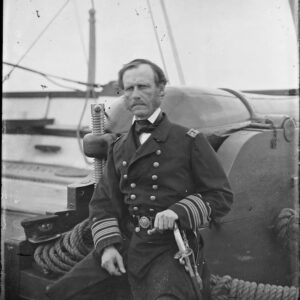
Image ID: ACAL
$4.99 -
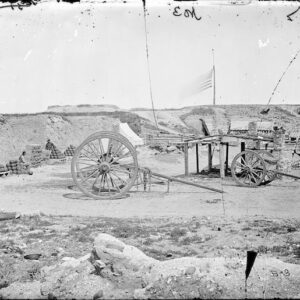
Image ID: AEDR
$4.99 – $6.99 This product has multiple variants. The options may be chosen on the product page -
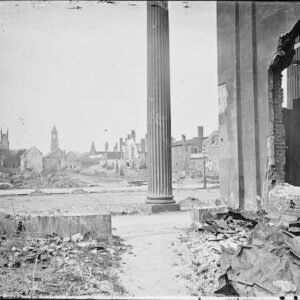
Image ID: AGFS
$4.99 -
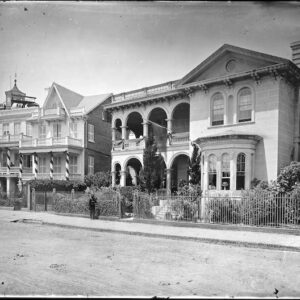
Image ID: AGFX
$4.99 -
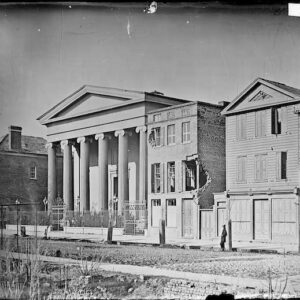
Image ID: AGMM
$4.99 – $6.99 This product has multiple variants. The options may be chosen on the product page -
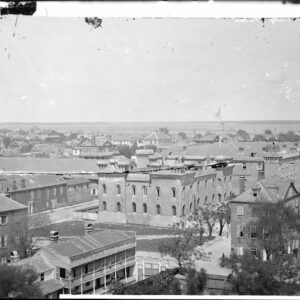
Image ID: AGPD
$4.99 – $6.99 This product has multiple variants. The options may be chosen on the product page -
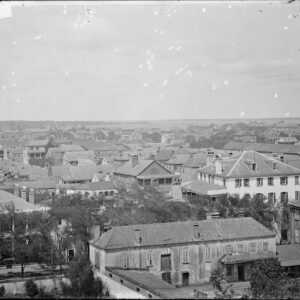
Image ID: AGQI
$4.99 – $6.99 This product has multiple variants. The options may be chosen on the product page -
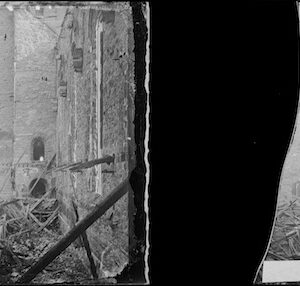
Image ID: AGXR
$3.99 -
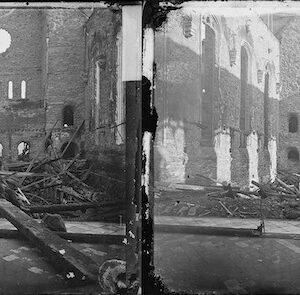
Image ID: AHCD
$3.99 – $4.99 This product has multiple variants. The options may be chosen on the product page -
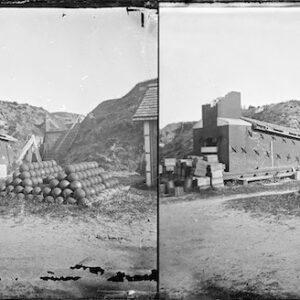
Image ID: AHNH
$3.99 – $4.99 This product has multiple variants. The options may be chosen on the product page -
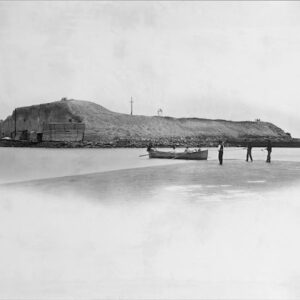
Image ID: AIAI
$1.99 -
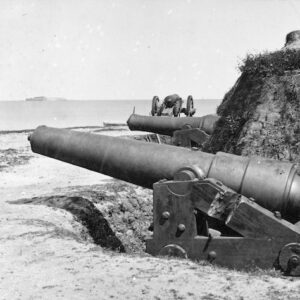
Image ID: AIAW
$6.99 -
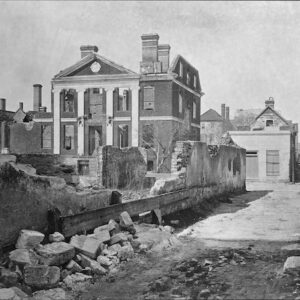
Image ID: AIBB
$3.99 -
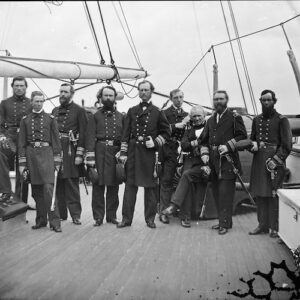
Image ID: AIBD
$4.99 -
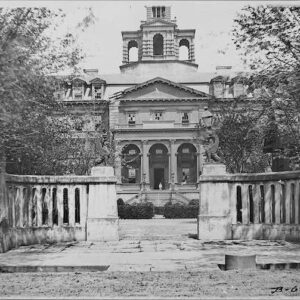
Image ID: AICP
$3.99 -
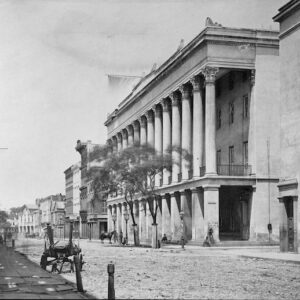
Image ID: AIER
$6.99